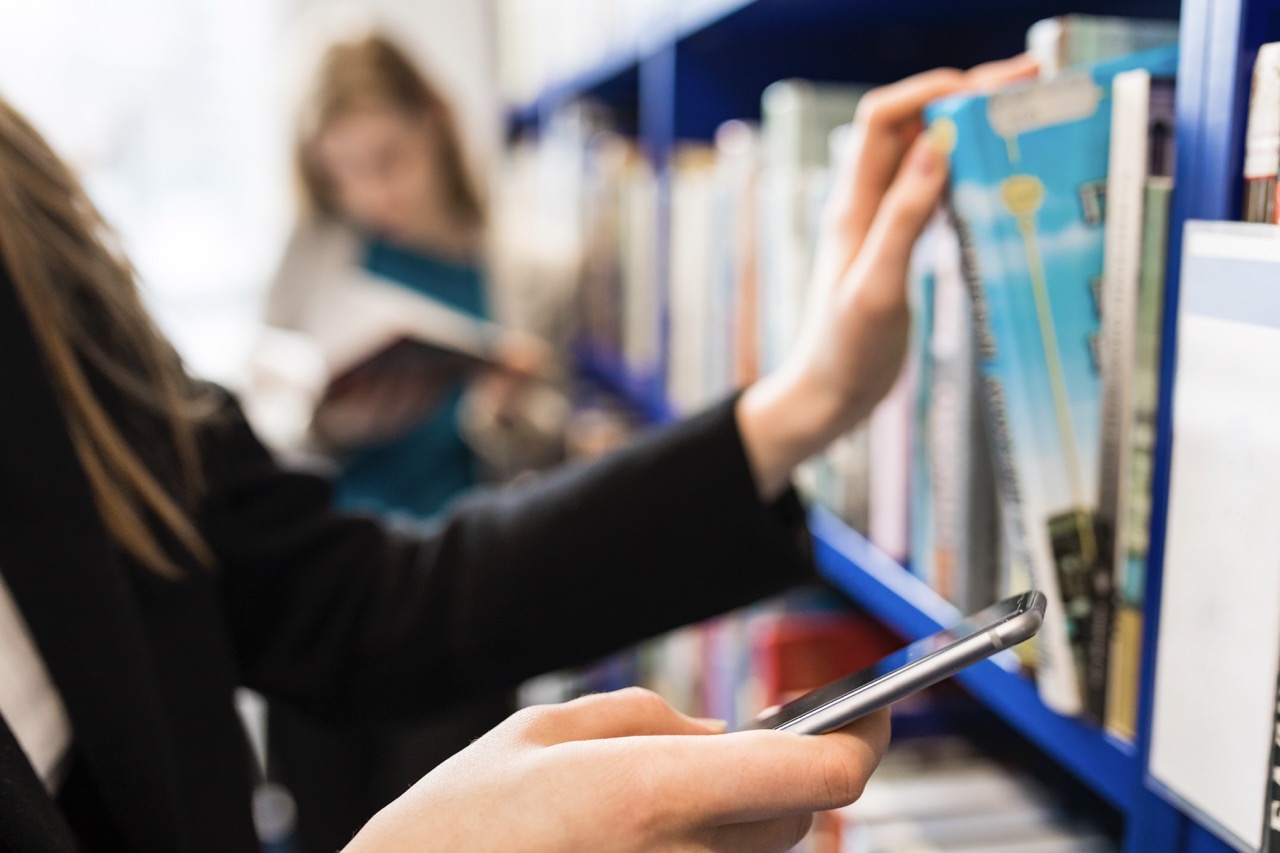Literacy is more than just the ability to read and write; it serves as a cornerstone of personal and societal development. As the world grapples with various challenges, from poverty to inequality, the importance of literacy becomes ever more pronounced. It plays a crucial role in achieving the United Nations’ Global Development Goals (SDGs), which aim to foster a more equitable and sustainable world. This article delves into the profound connection between literacy and global development, exploring how education not only transforms individual lives but also empowers communities to thrive.
Understanding Literacy: A Key to Global Progress
Literacy is often defined as the ability to read and write at a level sufficient for communication and comprehension. However, its implications stretch far beyond mere skills; literacy is a gateway to opportunities. When individuals can access information and understand it, they are better equipped to make informed choices about their health, finances, and education. This empowerment directly links to several Sustainable Development Goals, particularly Goal 4, which aims to ensure inclusive and equitable quality education for all.
Moreover, literacy contributes to economic growth and stability. Countries with high literacy rates tend to enjoy increased productivity and innovation. This is not just a coincidence; an educated workforce is essential for attracting investments and fostering entrepreneurship. For instance, nations that prioritize literacy often see a reduction in unemployment rates and a rise in overall economic performance. Thus, literacy is not just a personal achievement; it is a collective asset that propels nations toward sustainable development.
Finally, literacy promotes social cohesion and civic engagement. When individuals can participate in discussions about governance and community issues, they are more likely to advocate for their rights and the rights of others. This active involvement is crucial for building democratic societies that value inclusion and equality. As we strive toward the SDGs, enhancing literacy becomes a vital step in fostering a more just and equitable world.
The Role of Education in Achieving Development Goals
Education serves as the bedrock of a literate society, providing the necessary tools for individuals to succeed. The connection between education and literacy is undeniable; without educational access, literacy rates plummet. The Global Development Goals recognize this interdependence and emphasize the need for quality education at every level. By investing in education systems, particularly in underprivileged areas, we can create pathways for individuals to unlock their potential.
Furthermore, education fosters critical thinking and problem-solving abilities. In a rapidly changing world marked by technological advancements and societal challenges, these skills are invaluable. Individuals equipped with a solid education can better navigate complexities, contributing to innovative solutions. This is especially important for tackling issues like climate change, economic inequality, and health crises, all of which are addressed in the SDGs. Thus, the role of education in promoting literacy directly correlates with our collective capacity to overcome global challenges.
Finally, education can break the cycle of poverty that often perpetuates illiteracy. By providing children with a quality education, we equip them with the skills necessary to secure better jobs and improve their living conditions. This cyclical nature of education and literacy highlights the importance of a holistic approach to development. By prioritizing education, we not only enhance individual lives but also create thriving communities that contribute to global progress.
How Literacy Empowers Communities Worldwide
Communities flourish when their members are literate. Literacy fosters a culture of knowledge-sharing and collaboration, leading to collective growth. In literate communities, individuals are more likely to engage in discussions about local issues, thereby promoting active citizenship. This engagement can lead to initiatives that address community challenges, such as healthcare access, economic development, and environmental sustainability. Empowered individuals become advocates for change, enhancing the overall resilience of their communities.
Moreover, literacy equips individuals with the ability to access resources and opportunities. For instance, in agricultural communities, literate farmers can read about the latest techniques and market trends, improving their yields and income. This knowledge transfer is vital for economic development, as it allows communities to adapt to changing conditions and innovate in their practices. By elevating literacy levels, we provide communities with the tools they need to thrive in a competitive world.
Finally, the social benefits of literacy cannot be overstated. Literate individuals are more likely to value education for their children, creating a generational shift toward improved literacy rates. This ripple effect fosters a culture of learning, where education is prioritized and celebrated. In turn, this cultural shift contributes to achieving the SDGs, as communities work together to create a brighter future for all.
Recommended Reads to Explore Literacy and Development
For those eager to dive deeper into the connection between literacy and global development, several insightful books offer a wealth of knowledge. One such title is "The Literacy Crisis: False Claims, Real Solutions" by Richard L. Venezky, which explores the nuances of literacy and the implications for education systems worldwide. This book is an eye-opener, encouraging readers to rethink common perceptions about literacy and its role in society.
Another fascinating read is "Educated" by Tara Westover, a memoir that illustrates the transformative power of education. Westover’s journey from a secluded upbringing to earning a PhD encapsulates the essence of how education can propel individuals toward success, making it a powerful testament to the need for accessible literacy and education.
Lastly, consider "The Global Education Race: Taking the Measure of PISA and International Testing" by Anthony S. Bryk, which examines the global education landscape through the lens of standardized testing. This book invites readers to reflect on how different education systems measure success and how these metrics relate to literacy and development goals. Each of these titles offers a unique perspective on the interconnectedness of literacy, education, and global development, enriching our understanding of these critical issues.
Literacy is a vital thread woven into the fabric of global development. Its role in education, community empowerment, and economic growth highlights the necessity of fostering literacy for a brighter future. As readers and lifelong learners, we have the opportunity to explore these themes through literature, deepening our understanding and appreciation of the world around us. By engaging with insightful books, we can contribute to the ongoing conversation about literacy and its significance in achieving the Sustainable Development Goals. Let us champion literacy, not just as an individual skill, but as a collective imperative for progress and equity.










